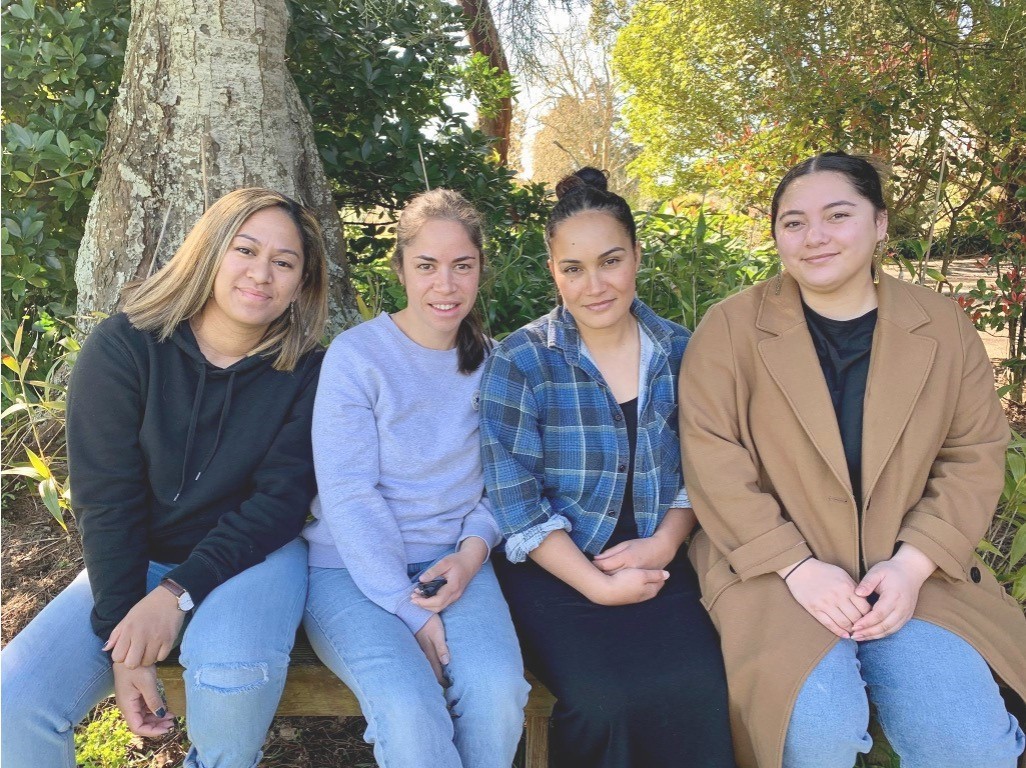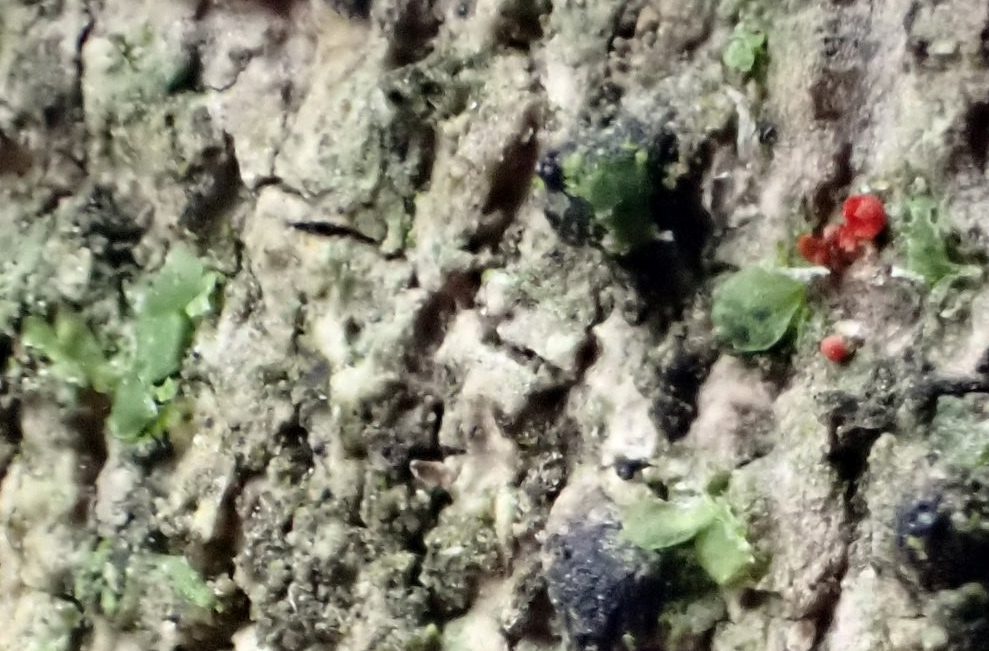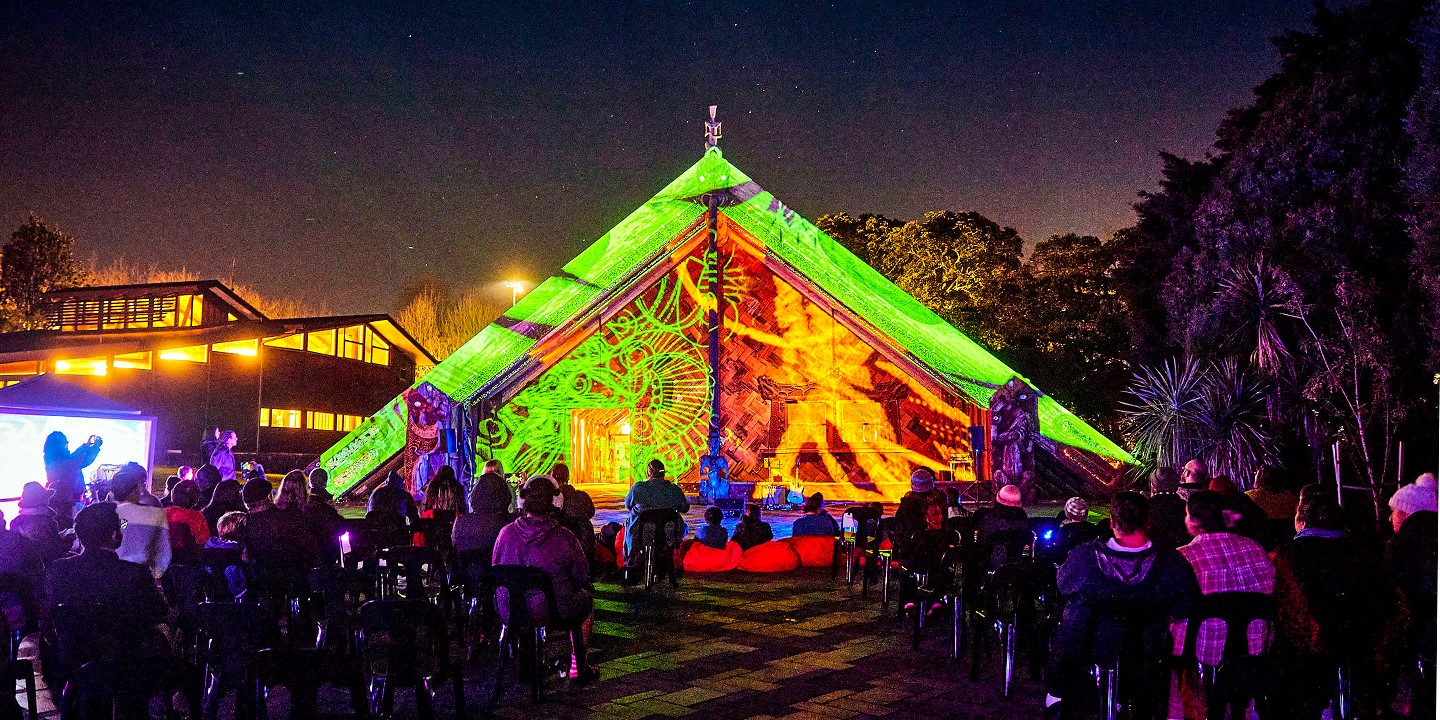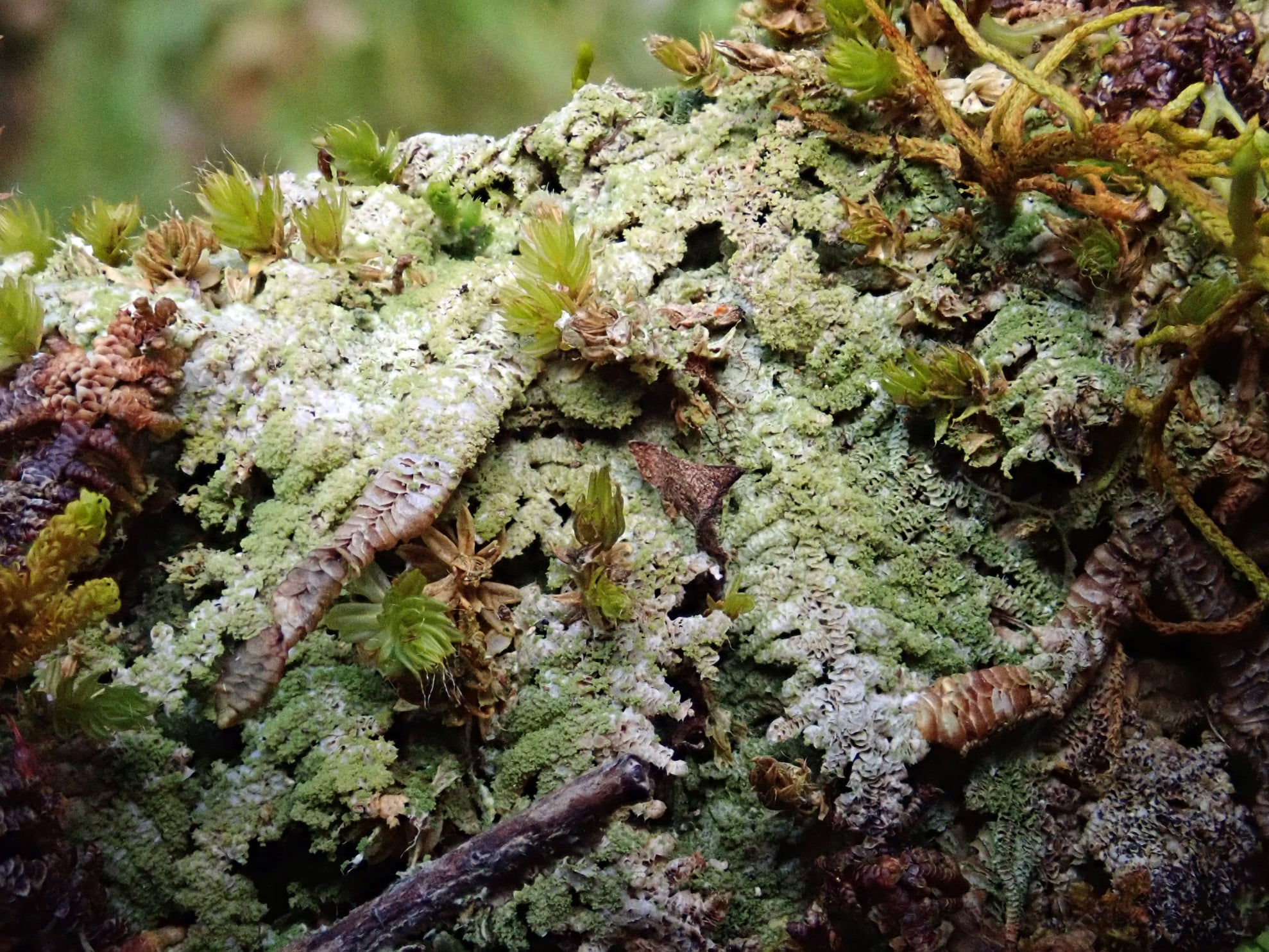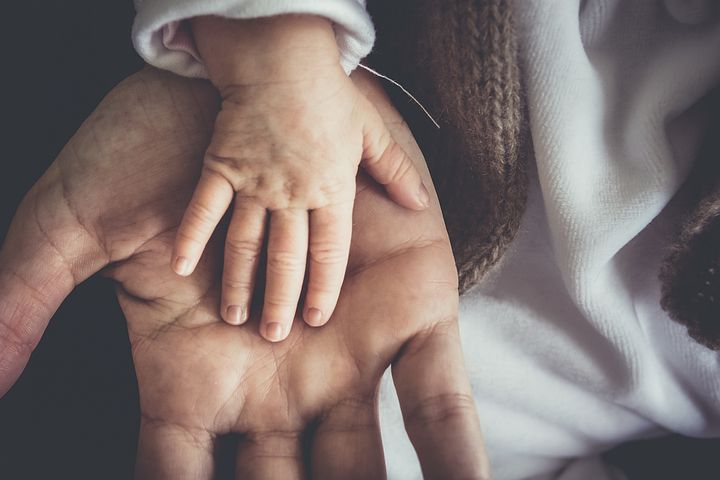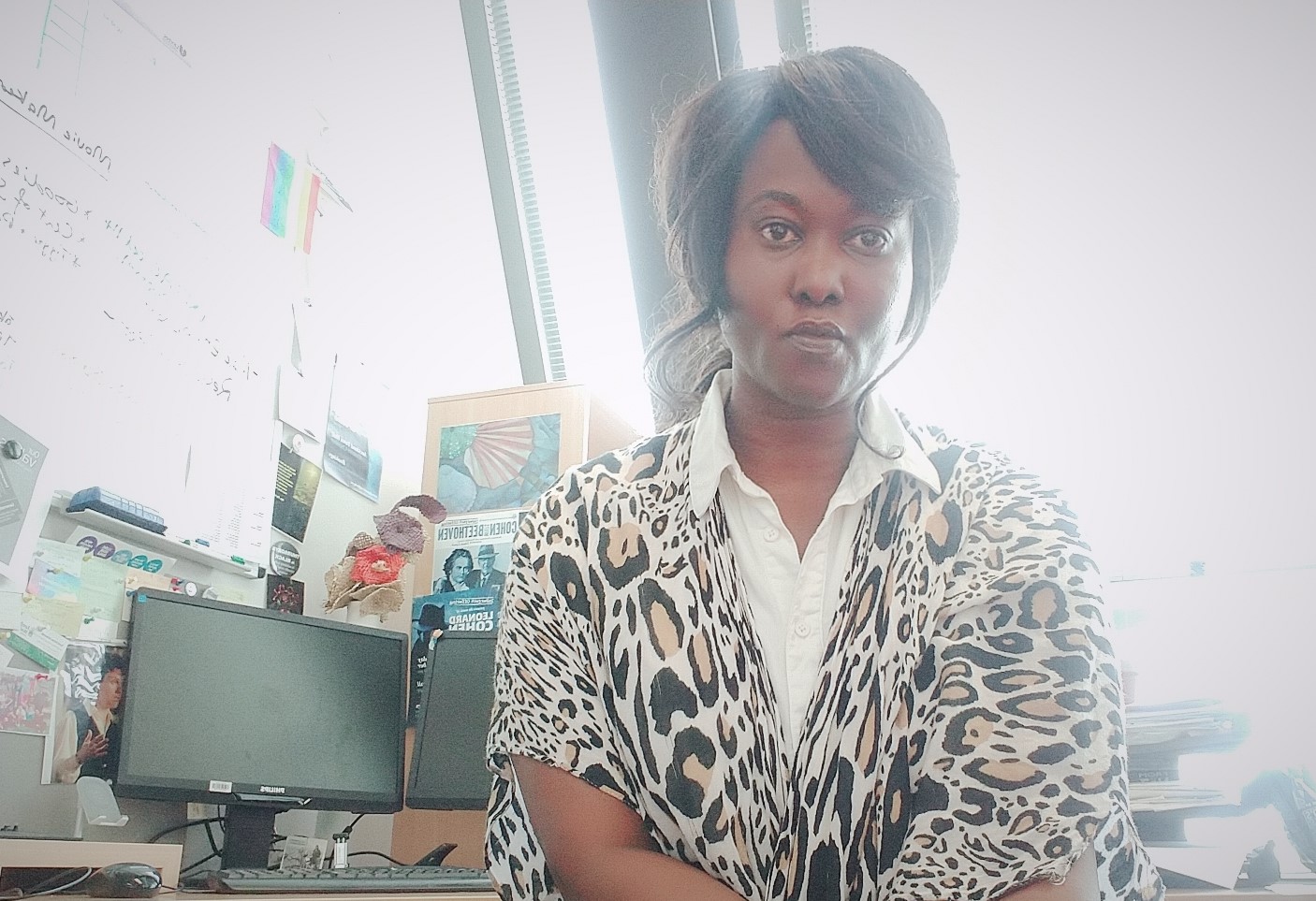Guest post by Cat Mitchell, Ngā Wai a Te Tūī Māori and Indigenous Research Centre
Owning a home has been seen by generations of New Zealanders as a rite of passage and a sign of one’s move into adulthood. However, this traditional milestone has become increasingly difficult to achieve in the context of steeply rising property prices in recent decades. This is especially true in Tāmaki Makaurau, where there have been significant increases in housing costs in recent times. According to Statista (2021), the median house price in Auckland City has reached well over one million dollars ($1.3m) as of August 2021. Relatively low income levels, high living costs and high property prices contribute to a situation in which many, including large numbers of Māori, are excluded from home ownership. Alongside this, the relative youth of the sizeable Māori population in Tāmaki Makaurau means Māori are facing the greatest barriers to achieving home ownership. As Maia Ratana, a researcher at Unitec’s Ngā Wai a Te Tūī Māori and Indigenous Research Centre and a Lecturer at Unitec’s School of Architecture, explains, current policy and government initiatives do not allow rangatahi Māori many choices. She says, “Home ownership is being pushed further out of reach for rangatahi, and with private rental costs also rising if things stay the same, the future for rangatahi and housing is ominous.” This situation has profound implications for the lives of rangatahi Māori and will potentially have long-term intergenerational effects. In light of the ongoing housing issues, a group of rangatahi researchers within Ngā Wai a Te Tūī successfully won a Building Better Homes, Towns & Cities research grant in 2020 to investigate rangatahi Māori housing experiences and aspirations in Auckland using a kaupapa Māori approach. This three-year project, titled Rangatahi ki te Kainga, aims to draw attention to the housing issues young Māori encounter and bring rangatahi voices into the housing policy and decision-making space – an area that has not paid much attention to the experiences of young urban Māori to date. Phase one of the project (the environmental scan) has been completed, and the researchers are now moving into the second phase, which involves engagement with rangatahi Māori. This project will also seek to identify rangatahi Māori leadership in housing to shine light on positive housing innovations. This is critical work as policymakers and government look to develop multifaceted solutions to the complex and pressing housing issues facing our community, especially for younger generations. Given the difficulties encountered by rangatahi Maōri in terms of housing, the work of these researchers has the potential to be both groundbreaking and impactful.
